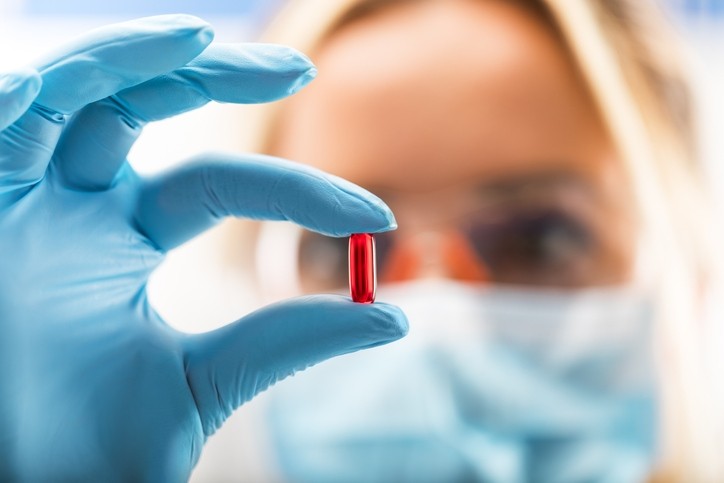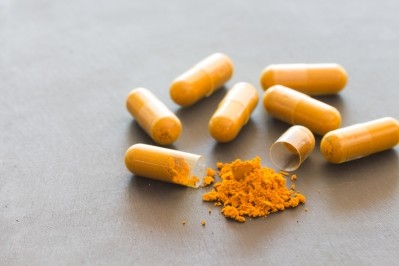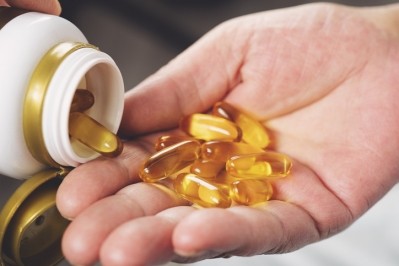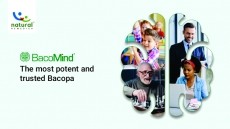NOW testing reveals CoQ10, SAMe products sold on Amazon to be of almost uniformly low potency

NOW, which is based in Bloomingdale, IL, released the testing results this week. The company purchased 10 CoQ10 products and 10 SAMe products and tested them to assess how much of the respective active ingredients they contained.
CoQ10 is an essential nutrient found in all the tissues of the body. It is found in many foods such as oily fish, grains, nuts and eggs, and is frequently taken in supplement form, usually in the form of capsules. CoQ10 is a potent antioxidant and plays a vital role in a vital role in energy production and DNA replication and repair. It has also been recommended for use in conjunction with statin therapy, which is known to deplete CoQ10 stores in the body and is thought to be part of the reason for the muscle pain that some statin users report.
SAMe, or S-Adenosyl methionine, is an endogenous molecule that is involved in the formation, activation, or breakdown of other chemicals in the body, including hormones, proteins, phospholipids. While classified as a drug in some countries, it has been sold as a dietary supplement in the United States for more than two decades. It has been used for mood support and to support consumers suffering from chronic inflammatory conditions such as fibromyalgia or osteoarthritis.
NOW purchased the products from various sellers on the Amazon platform. The testing was done in NOW’s in-house laboratory. Industry observers give NOW high marks for the comprehensiveness of this lab and the caliber of its staff.
Only a few CoQ10 products come close to label claim; SAMe set performs even worse
NOW’s test results showed that for the CoQ10 products, none met label claim. Three of the products fell within the penumbra of having 80% or more of the stated amount of the active ingredient. NOW chose not to name those companies, referring to them as only ‘X Brand.’
NOW did name the other seven CoQ10 sellers. One of those products had slightly more than half of the stated amount (219 mg of a stated 400 mg), while the rest had at most 16 mg of CoQ10 per serving down to levels below the detection limit, even though they had all claimed to have 200 mg up to 400 mg per serving.
The SAMe test results were even more damning. No SAMe products fell within the 80% window. Three products had slightly more or slightly less than 50% of the stated amount of the active ingredient, while the rest had much less, or in the case of two products, no detectable levels at all.
“Today, especially, more people are buying their supplements online, which is why we are making this information public,” said Dan Richard, vice president of global sales and marketing for NOW. “NOW takes defrauding consumers personally and it is in the best interest of the entire dietary supplements to identify and work to purge such bad actors to protect consumers.”
“We initially tested the CoQ10 because we had serious questions about the dosage form: it is almost impossible to run this potency (400mg) of sticky CoQ10 in a dry capsule on machines,” said Aaron Secrist, vice president of quality and regulatory affairs. “We suspected the SAMe to be low potency, which they were, with several delivered in an unstable form.”
CoQ10 problems corroborated by industry association
NOW’s results for the CoQ10 lineup closely match what industry group the CoQ10 Association found when it did similar testing a year ago, according to association head Len Monheit who is also the CEO of consulting firm Trust Transparency Center.
“NOW’s findings closely match results obtained by the CoQ10 Association a year ago. We found that half of the samples that we tested (50 brands) came in at less than 90% of label claim with several not detected. Perhaps even more disturbing, we sent registered mail to the companies whose products failed (those where we could find an address), and most ignored us, but in a few instances, brands who did respond deflected responsibility to their contract manufacturers, clearly not understanding their own compliance and quality responsibilities. This is a huge problem compounding little to no barrier to entry in online sales of supplements,” Monheit said.
One brand disputes results
Amazon did not respond to a request for comment from NutraIngredients-USA. NutraIngredients-USA also attempted to contact a number of the poorest performing brands on the list without response, with one exception.
CoQ10 seller NusaPure, whose 400 mg product registered as having no detectable levels of CoQ10 in NOW’s tests, responded to say that it believed NOW’s results regarding its product were faulty because they claim their ingredient is micro encapsulated before being loaded into the capsule. Without that information, a standard CoQ10 might come up with an incorrect result. NusaPure CEO Cedric Leyniers sent some documentation from a contract laboratory that he said backs his company’s position.
“I am attaching a lab analysis performed by a third party laboratory hired by our contract manufacturer on the very same batch that NOW claims to have tested. As you can see, the ingredients are consistent with the description in our label. We have learned that NOW used the wrong method for testing our product,” maintained Leyniers.
“The NusaPure label claim is difficult to understand but the documents the company provided to the NutraIngredients-USA reporter shows that there is 400 mg of powder but only 40 mg of it is CoQ10, which makes their label claim misleading. We will run the test again using the enzymatic extraction procedure and see if we see the 40 mg they are claiming,” NOW’s Secrist responded. Secrist said NOW had not yet been contacted by NusaPure directly.
NOW's Richard updated the issue to say that a retest taking the encapsulation issue into account showed that the NusaPure brand did in fact contain the 40 mg of CoQ10 (in fact slightly more: 40.4 mg) referenced in the documentation sent to NutraIngredients-USA.
"So they are legit about that part, but not legit about their label claim and how the front and side both state 400mg CoQ10," Richard said.
NOW’s attempts to engage Amazon on the issue
NOW’s Richard said the issue of understrength products being sold on Amazon is an ongoing problem.
“NOW has done multiple tests on suspicious brands, potencies and prices on Amazon. We are currently finishing a new testing series on Phosphatidyl Serine that will be published this week, with similar expected results. Our results for this round of CoQ10 and SAM-e products are similar to what we have found in recent years. The situation seems stable in a bad way since many top selling products on Amazon continue to be very, very low quality and perhaps intentionally low potency,” he said.
“NOW has brought up this issue to Amazon multiple times, including several emails to wrss@nznmba.pbz, which is supposed to get the highest level of action. We have supplied Amazon with brand names, lot numbers, failed potencies and repeat results. We understand that with so many different products being sold it's complicated for them to police the quality, but we very much hope they are working on a third party testing requirement for supplements sold through their website or another real solution,” he said.
“When there’s a buck to be made and no one is policing quality, cheating happens. It appears that more expensive supplements are at risk because you’ll rarely see an item like Vitamin C-500 on Amazon from an unknown brand. Cheaters still need their sales to be close to $20 per product in order to pay high Amazon marketing fees,” Richard concluded.
















